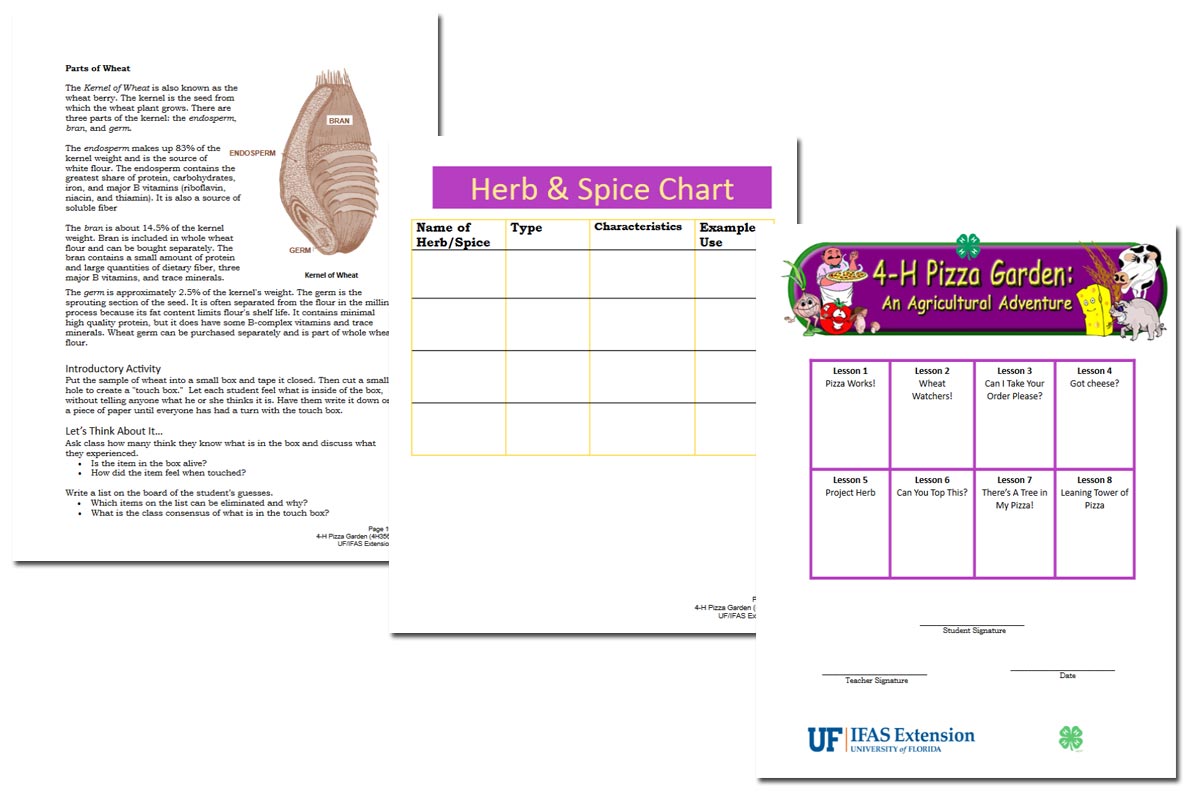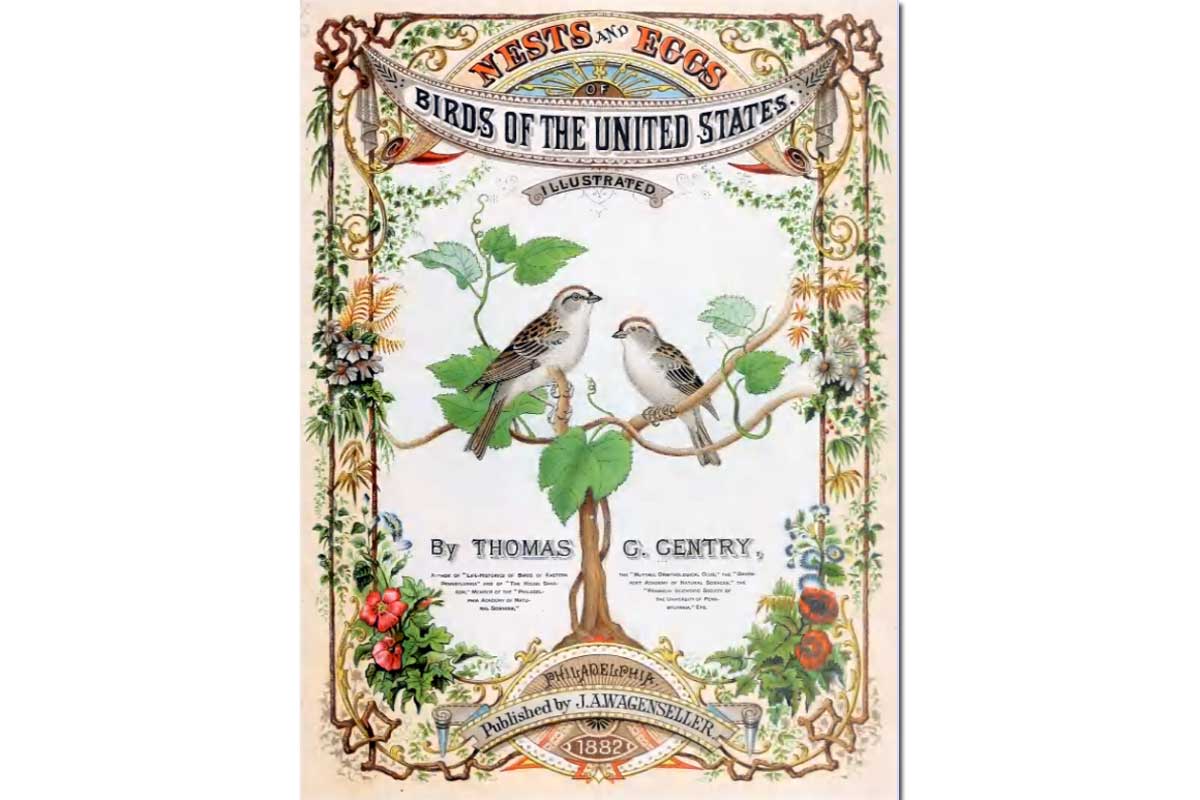But What About…
Not all of the rules of possessive usage are set in stone. Even within the guidelines provided in Part 2, there is still plenty of room for flexibility. When used with due caution and attention to meaning, the apostrophe can become a powerful tool for achieving the desired emphasis.
Joint Possession

To show joint possession, add the apostrophe only to the last noun. Fred and Steve’s coffee means something different than Fred’s and Steve’s coffee, although both forms are correct. The first phrase indicates that Fred and Steve own the coffee together. The second indicates that we are talking about two different sets of coffee, one belonging to Fred and the other belonging to Steve.

If, however, we are dealing with a possessive noun and a possessive pronoun, the noun must have an apostrophe in either case: Fred’s and my coffee.
Noun Phrases
It is theoretically acceptable to add an apostrophe to a noun phrase or clause: the queen of England’s crown. However, acceptable and ideal are not always the same thing. This rule is sometimes used as an excuse for retaining unwieldy phrases.
Whenever you find yourself tacking an apostrophe onto the end of a cumbersome noun phrase, consider searching for a more concise way to convey your thoughts. For example, instead of writing the family that lives next door’s car, you might rewrite the phrase altogether (our neighbors’ car) or you might mention the family by name (the Smiths’ car). Or if the family that lives next door has become the family’s unofficial name and the context is humorous, try experimenting with this trick from a number of children’s authors: the-family-that-lives-next-door’s car.
The options are nearly endless; there is no reason to ruin good writing with bloated phrases.
Appositives
The intersection of appositives and possessives gives some writers endless confusion. The (theoretically) correct form is really quite simple: Felix, our new cat’s water bowl. Just drop the comma after the appositive phrase and add the apostrophe in the correct place instead.
 However, be aware that this is another case where acceptable and ideal are not the same thing. The form above almost always invites a miscue, and sometimes the results can be ludicrous. A better option would be to simply write Felix’s water bowl and to explain who Felix is elsewhere.
However, be aware that this is another case where acceptable and ideal are not the same thing. The form above almost always invites a miscue, and sometimes the results can be ludicrous. A better option would be to simply write Felix’s water bowl and to explain who Felix is elsewhere.
Attributive Nouns
What is the difference between the bankers’ meeting and the bankers meeting? Both are grammatically correct, but their meanings are not the same. The first implies a meeting held by or between a specific group of bankers. The second implies a general meeting of bankers.
Bankers’ is possessive, while bankers, in the above sense, is attributive. One specifies whose meeting it is, while the other merely explains what kind of meeting it is.
When in doubt, try adding another adjective to the phrase. The sense of the words will demand a particular placement. If the bankers’ big meeting sounds right to your ear, you are dealing with a possessive. If the big bankers meeting gives the correct meaning to the phrase, bankers is serving an attributive purpose.
Double Genitive

Some writers are under the mistaken impression that a double genitive, containing both of and a possessive noun or pronoun, is to be avoided at all costs. This is not the case. Forms such as that story of yours are quite acceptable—if they convey the intended meaning. However, they must be used with care. The second noun or pronoun should be animate (a member of the council, not a member of the council’s).
Also, the phrase should be preceded with an indefinite article or a demonstrative pronoun (a favorite game of the boy’s, not the favorite game of the boy’s).

With so many caveats, you might wonder why the double genitive is allowed at all. The form is primarily used to alter the emphasis of a phrase. However, there are also times when it is necessary for indicating the intended meaning. Compare a statue of da Vinci’s with a statue of da Vinci.
Gerunds
Here is another case of subtlety to decipher. Which is correct: we had doubts about Jane staying up late to write, or we had doubts about Jane’s staying up late to write? The answer is both. However, the two sentences do not mean the same thing.
In the first sentence, we have doubts about Jane, since she is staying up late. In the second sentence, our doubts primarily concern the fact that someone is staying up late (in this case, Jane). The emphasis is slightly different.
Become familiar with the list of basic rules. They will save you from many a blunder. Then, instead of treating possessives as your archenemy, learn their nuances. They can be helpful tools in your writing toolbox.
Additional Resources
Daily Grammar: Apostrophes
Take an apostrophe quiz each day — Lessons 401–415 along with 3 quizzes.
Apostrophes Quiz 1
See how well you do.
Apostrophes Quiz 2
More practice.










You must be logged in to post a comment.